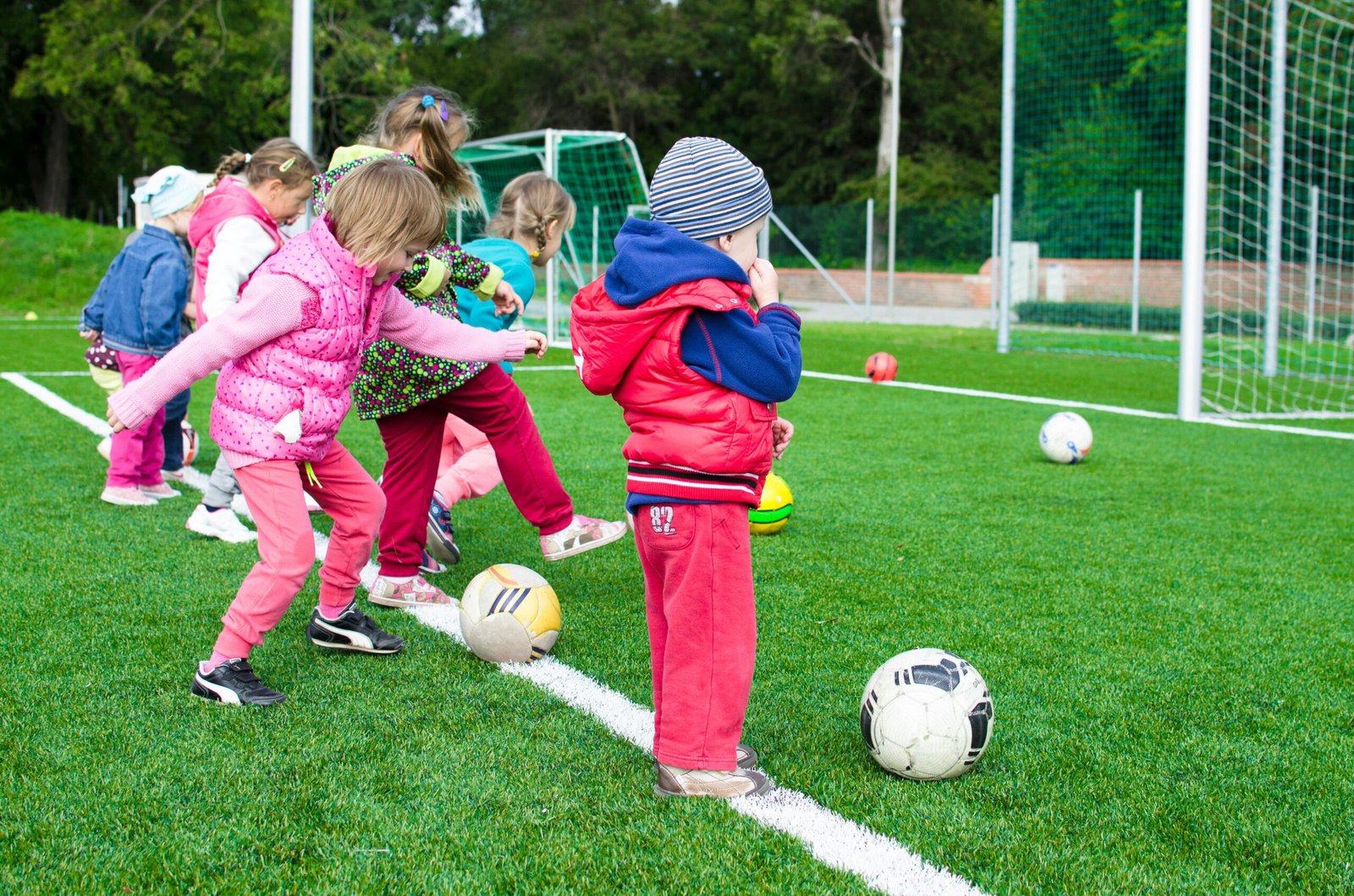Introduction:
Youth development programs in sports are pivotal in nurturing the talents and skills of young athletes, laying the foundation for their future success as champions in their respective fields. These programs encompass a wide range of activities, from grassroots initiatives to elite training academies, all aimed at fostering physical, mental, and emotional growth in young individuals. In this essay, we will explore the importance of youth development programs in sports, their key components, and their role in shaping the next generation of athletes.
The Importance of Youth Development Programs:
Youth development programs in sports play a crucial role in identifying and nurturing talent from a young age. By providing structured training and coaching, these programs help young athletes develop fundamental skills, such as coordination, agility, and teamwork, which form the building blocks of success in sports. Moreover, participation in sports programs promotes physical fitness and overall well-being, instilling healthy habits that can last a lifetime.
Beyond the physical benefits, youth sports programs also contribute to the social and emotional development of participants. Through interaction with coaches, teammates, and opponents, young athletes learn important life skills, such as communication, leadership, and resilience. They also experience the value of sportsmanship, learning to win and lose graciously while respecting the efforts of others.
Key Components of Youth Development Programs:
Effective youth development programs in sports typically consist of several key components designed to cater to the needs of young athletes at different stages of their development. These components may include:
- Grassroots Initiatives: Grassroots programs provide opportunities for children of all ages and abilities to participate in sports in a fun and inclusive environment. These programs often involve introductory activities and games that focus on developing basic skills and fostering a love for the sport.
- Skill Development: As athletes progress in their sporting journey, youth development programs offer structured training sessions aimed at improving specific skills and techniques. Qualified coaches provide instruction tailored to the needs of each individual, helping them reach their full potential.
- Competition: Competing in organized leagues and tournaments is an integral part of youth sports development. These opportunities allow young athletes to test their skills against peers from other teams and gain valuable experience in competitive settings. Importantly, the emphasis is not solely on winning but on personal growth and development.
- Mental Conditioning: Mental toughness is just as important as physical ability in sports. Youth development programs often include mental conditioning sessions aimed at building confidence, focus, and resilience in young athletes. Techniques such as visualization, goal-setting, and mindfulness may be incorporated to help athletes perform at their best under pressure.
- Academic Support: Balancing academics and athletics can be challenging for young athletes. Many youth development programs offer academic support services, including tutoring and study halls, to help participants maintain their academic performance while pursuing their sporting goals.
Role in Building Future Champions:
Youth development programs in sports play a crucial role in identifying and nurturing the next generation of champions. By providing a supportive environment for young athletes to learn and grow, these programs help unlock their full potential and pave the way for future success. Moreover, the lessons learned through participation in sports, such as discipline, perseverance, and teamwork, are transferable to other areas of life, contributing to the overall development of well-rounded individuals.
In addition to producing elite athletes, youth development programs also have broader societal benefits. They promote inclusivity and diversity, providing opportunities for young people from all backgrounds to participate in sports and pursue their dreams. Furthermore, by instilling values such as respect, integrity, and fair play, these programs help shape future leaders and role models who can inspire others both on and off the field.
Conclusion:
Youth development programs in sports are invaluable in nurturing the talents and skills of young athletes, laying the foundation for their future success as champions in their respective fields. By providing structured training, competition, and support, these programs help young individuals reach their full potential, both athletically and personally. Moreover, they contribute to the overall well-being of participants and promote important values that extend beyond the realm of sports. As such, investment in youth development programs is not only an investment in the future of sports but also in the future of society as a whole.

